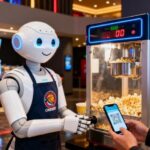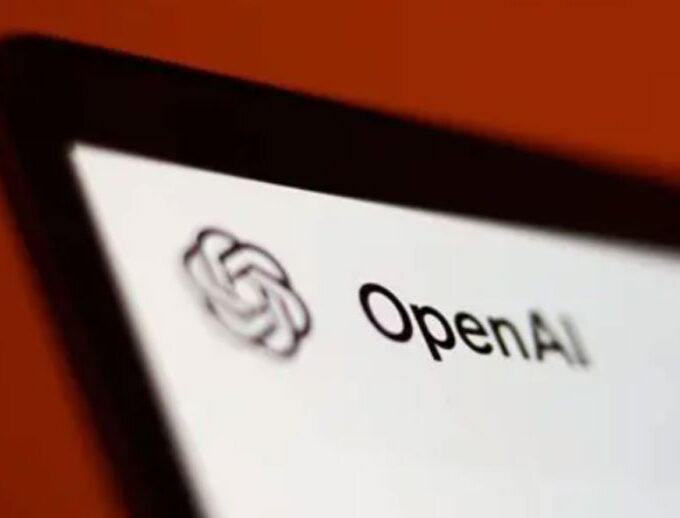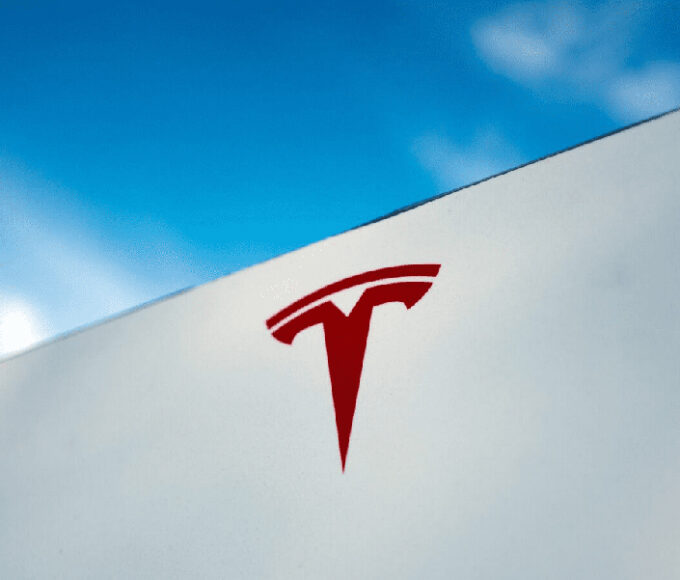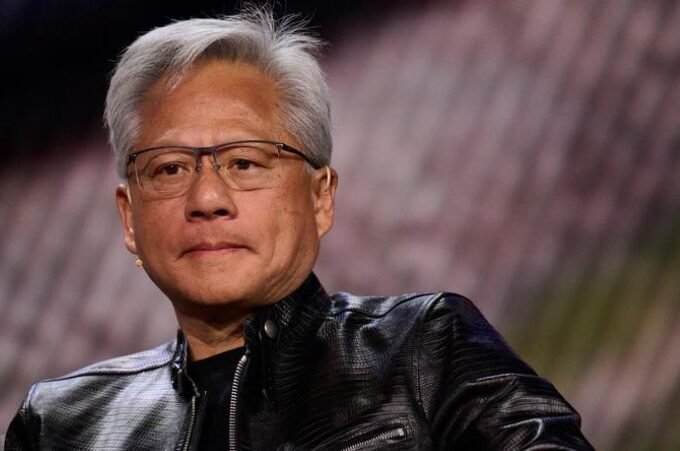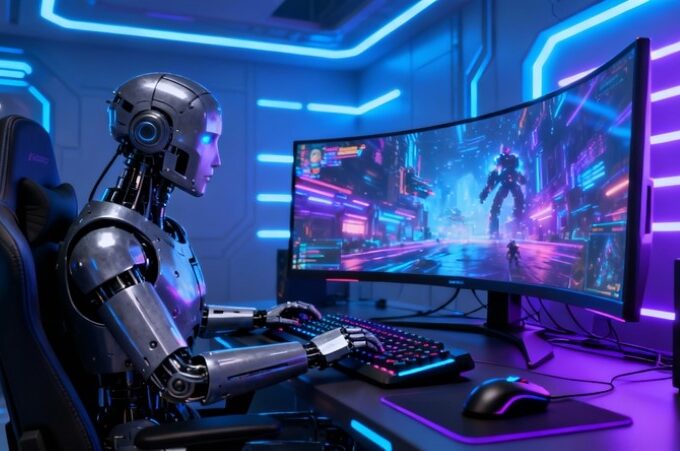When discussing the intersection of artificial intelligence and literary creation, an intriguing news story emerges before us.
In January 2024, the 170th Akutagawa Prize in Japan was announced—33-year-old writer Kudan Rie won this honor with her work “Tokyo-to Dojo-to” (Sympathy Tower Tokyo). In her acceptance speech, Kudan Rie revealed that about 5% of the content in her novel was entirely generated by the artificial intelligence ChatGPT, and was used “verbatim” without any alterations. She added that she would confide some thoughts to ChatGPT that she would “never tell anyone else,” and “plans to continue using artificial intelligence in novel writing and fully utilize her creativity.”
This disclosure immediately stirred up a storm in the literary world, sparking intense discussions about the role of artificial intelligence in creative writing. The Akutagawa Prize, as a highly regarded literary award, has always been considered a recognition of the originality and literary talent of the authors. However, the incorporation of content generated by artificial intelligence into Kudan Rie’s award-winning work not only raises questions about the originality of her work but also triggers a broader question: in this era increasingly permeated by artificial intelligence technology, what new understanding should we have of the originality of literary works and the identity of their creators?
Reactions to this event on social media varied. Some people expressed that Kudan Rie’s use of artificial intelligence made her work “Tokyo-to Dojo-to” more engaging. Others believed that this reliance on artificial intelligence for creative work unfairly competes with traditional writers who adhere to conventional writing methods, perhaps diminishing the value and status of independent human creativity.
So, dear readers, let me ask you a question: if a literary work is captivating enough, do you really care whether its author is AI or human?
In traditional literary creation, originality has always been regarded as the core attribute of a work. It is inseparable from the author’s unique perspective, personal experiences, and inner emotions. However, when AI enters this field, the situation becomes somewhat like transitioning from a solo performance to a chorus. Literary works no longer solely emanate from one person’s mind; they may also incorporate the power of algorithms and data. The works begin to bear the taste of algorithms rather than just the fragrance of human emotions. In this scenario, the concepts of “humanity” and “originality” of the works need to be redefined.
With the assistance of artificial intelligence, Kudan Rie’s creative process is no longer a singular human endeavor in the traditional sense but has become a product of human-machine collaboration. Imagine a scenario where one is a human full of emotions and creativity, while the other is a machine with super processing power and rigorous logic. They sit together, gnawing on pencils, discussing how to unfold the next sentence. In this process, AI is not just a typewriter or a laptop; it is more like a collaborator involved in every aspect of the creation.
This collaboration includes both human sensibility and creativity, as well as the computational and data processing capabilities of the machine. In this mode, please tell me: when a novel makes you laugh with tears, do you care who is steering behind the scenes? It’s like debating whether a dish is made by a robot or a chef—when it tastes good, who cares where it comes from?
This unprecedented mode of creation also poses new definitions and challenges for the identity of literary work authors. If one day in the future AI volunteers to join the Writers’ Association, how should we respond? When human-machine collaboration becomes the new norm, should the content contributed by AI be considered part of the work? Can paragraphs independently created by AI be regarded as independent creative works? Should the AI-generated parts be recognized as having originality? Or should we see them as extensions and expansions of human creative thinking?
Furthermore, if AI plays a significant role in the creative process, how should the identity of human authors be defined, and how should the copyright of the work be delineated? These questions are not only challenges to traditional literary theory but also pose new tests for copyright law. After all, our current copyright legal framework was established before generative artificial intelligence emerged, and faced with the reality of AI’s participation in literary creation, it seems somewhat inadequate.
Faced with the phenomenon of AI’s involvement in literary creation, I also consulted some friends around me, and their opinions varied. Some are concerned that AI’s involvement may weaken the humanistic value and originality of literary works. After all, literary works are entrusted with the responsibility of expressing human emotions, thoughts, and experiences. They are attractive because they display the complexity and contradictions of human nature—areas that algorithms seem to find difficult to reach.
Renowned writer Salman Rushdie also holds a critical attitude towards AI creation. According to media reports, he was dismissive of AI’s simulation of his writing style, calling it “utter rubbish.” He humorously added, “Anyone who knows anything about his work can immediately recognize that such words could never have come from my pen.”
On the other hand, another friend sees the new perspectives and opportunities brought by AI’s integration into literary creation. In his view, there have always been concerns throughout history that new technologies would undermine the purity of traditional arts. Just as there were writers in the past who insisted that without pen and ink, there could be no creation. If we could travel through time and converse, we might find that ancient people believed only handwritten works were true creations, and they looked down upon printing technology. However, from ancient brush writing to modern computer typing, and to the future possibility of widespread AI-assisted creation, all these changes are ultimately aimed at one common goal—creating high-quality literary works. We should focus more on the quality of the works themselves rather than obsessing over changes in the means of creation. Writers who refuse to accept new technologies may gradually be eliminated by the times.
He quoted a passage from science fiction writer Cory Doctorow to support his point. “Blacksmiths may weep into their beer about not being able to sell horseshoes in the age of railroads, but this won’t make their horseshoes more popular. It’s the blacksmiths who learn to become machinists who keep their jobs.” With the assistance of AI, literary creation may usher in unprecedented inspiration and expression, enriching our artistic world.
In contrast to Salman Rushdie’s conservative attitude, science fiction writer Liu Cixin expressed forward-thinking views at the 2023 China Science Fiction Conference. He predicted, “Sooner or later, artificial intelligence will be able to replace science fiction writers or other writers.” He bluntly pointed out, “People often say that artificial intelligence lacks a soul and human feelings, but this is just self-comfort. Human souls and feelings also emerge after many neural cells connect into complex systems.”
Liu Cixin further explained, “Future science fiction writers will not disappear completely but will become marginalized, similar to today’s shadow puppetry.” In the future, human science fiction creation will continue, but mainstream attention will shift to the “blockbusters” created by AI.
Liu Cixin’s insight not only challenges traditional notions about the essence of creation but also offers us a fresh perspective: the intervention of AI technology is not just a new phenomenon in current literary creation but also a harbinger of future literary trends. Traditional literary styles and genres reflect the experiences, emotions, and worldviews of human authors. With the expansion and enhancement of AI capabilities, new possibilities arise: through analyzing and learning from a vast array of literary works, AI can not only assist in editing drafts and adjusting styles but also mimic the specific strokes of particular authors. Furthermore, AI may even surpass inherent human thought patterns, presenting entirely new combinations of language and narrative structures, giving birth to entirely new literary styles and genres. This new perspective may showcase unique language combinations and narrative structures, exploring themes and areas that human authors have yet to touch upon.
On the other hand, the application of AI in literary creation also heralds innovation in the interaction between authors and readers. Imagine, future authors could use AI to deeply understand the preferences of reader communities and create works that better align with reader expectations. Traditionally, literary works have been static and unchanging once completed, but AI technology transforms literary works from static entities to dynamic, interactive entities. For example, based on reader feedback, AI can dynamically adjust storylines, create personalized story branches, or generate customized content based on reader preferences. This new interactive reading experience will make literary works more vivid and diverse.
Furthermore, the rapid development of AI technology is breaking traditional boundaries in literary creation, heralding a new era of cross-cultural and multilingual literary works. With the continuous enhancement of AI in language processing and translation, literary works can easily transcend linguistic and cultural barriers, achieving global literary communication and resonance. This not only allows readers from various cultural backgrounds to appreciate a wider range of literary works but also provides writers with more diverse creative inspirations.
It is foreseeable that with the continuous advancement of AI technology, we may witness a more diverse and colorful literary landscape, from assisting in writing to interactive reading experiences, and even to promoting cross-cultural communication. In this process, we may need to reconsider the essence of literature and the role and status of humans in this new era increasingly defined by machine intelligence.
The event of ” Tokyo Sympathy Tower ” is not just an isolated case but a significant turning point, forcing us to reexamine the essence of literary creation and the role that artificial intelligence can play in this classical art form. It poses a fundamental question to us: in this technology-driven new era, how have our understanding and expectations of literature changed?
Finally, let us return to the initial question: if the content is captivating, do we truly care whether the author is AI? Perhaps the answer to this question is not straightforward. It not only reflects our attitude towards technology but also delves deeper into our contemplation of art, creativity, and the essence of humanity. In this future woven by humans and machines together, whether challenges or opportunities, what we collectively face is the continuous exploration and understanding of these complex issues.







